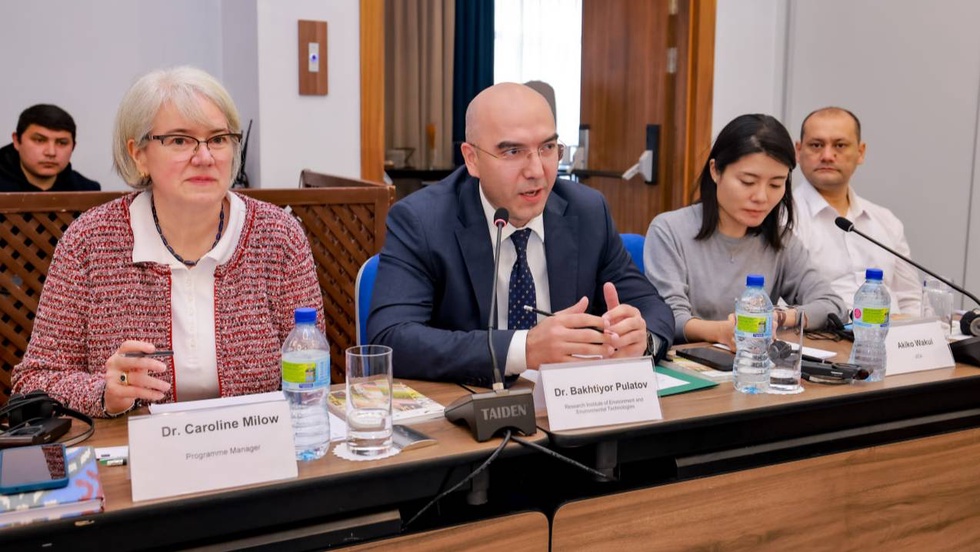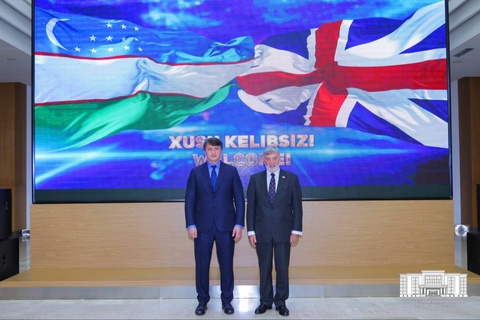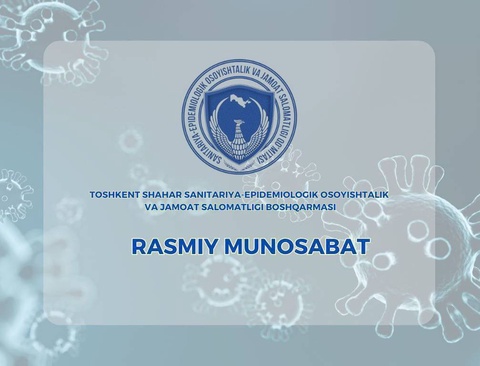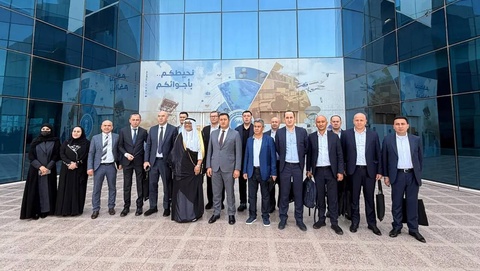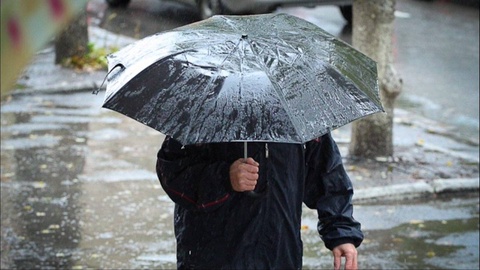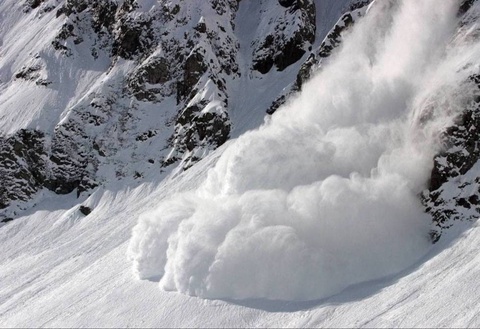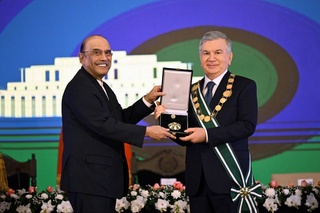The event was attended by Director of the Research Institute of Environment and Environmental Technologies at the Ministry of Ecology Bakhtiyor Pulatov, Director of the International Innovation Center of the Aral Sea Basin Bakhytzhan Khabibullayev, head of the GIZ "Green Central Asia" project Karolina Milov, representatives of the BLUE SATREPS project in Uzbekistan Prof. Kenji Tanaka and Dr. Temur Khuzhanazarov, Doctor of Martin Luther University (Germany) Christopher Conrad, representatives of the Drylands Research Center, the Higher School of Bioresources and Mie University (Japan).
The workshop presented case studies and approaches by scientists from the Uzbek-Japanese BLUE SATREPS project and other institutions on how environmental sustainability and climate change adaptation measures should be integrated into agri-food systems.
For information: the event was held jointly with the Japanese-Uzbek BLUE SATREPS project and Deutsche Gesellschaft für Internationale Zusammenarbeit (GIZ) GmbH as part of the Green Central Asia initiative. Its purpose is to present innovative approaches and agrotechnologies leading to increased soil fertility, restoration of degraded lands, saving water and energy while increasing yields.
Within the framework of the seminar, the reports "Priorities and innovations necessary for sustainable development" of the International Innovation Center of the Aral Sea Basin, "Overview of the goals of the BLUE SATREPS project", "Implementation of the "Dropped map-ASB" tool for sustainable water resources management in agriculture in Central Asia", "Introduction of closed-cycle halophyte agriculture (CHMF) to increase the productivity of saline agroecosystems."
It was noted at the event that one of the ways to increase food security and reduce the impact of agriculture and food production on natural resources is to make more efficient use of infertile lands and marginal water resources through approaches such as the development of agriculture on saline soils, i.e. halophyte farming. Research conducted to date shows that saline land and water resources can be used efficiently and sustainably for agriculture and food production. This, in particular, exploits the potential of agrobiodiversity, since only about 150 plants out of about 30,000 species that are considered edible are grown on a significant scale in the world.
In this context, the Alliance for the Conservation of Dryland Biodiversity, which was established at the 15th Conference of the Parties to the Convention on Biological Diversity (CBD COP 15) in Montreal, Canada, in December 2022, can become a powerful tool for solving problems related to the promotion and conservation of agrobiodiversity in arid/saline lands.
The workshop was held in order to facilitate the introduction and promotion of halophyte cultivation in a combined and closed cycle within the framework of sustainable operation programs, as well as to increase the sustainability and renewability of agro-food salinization systems.
As a result of the workshop, an analytical review will be prepared for policy makers in order to increase interest in new agricultural systems.


